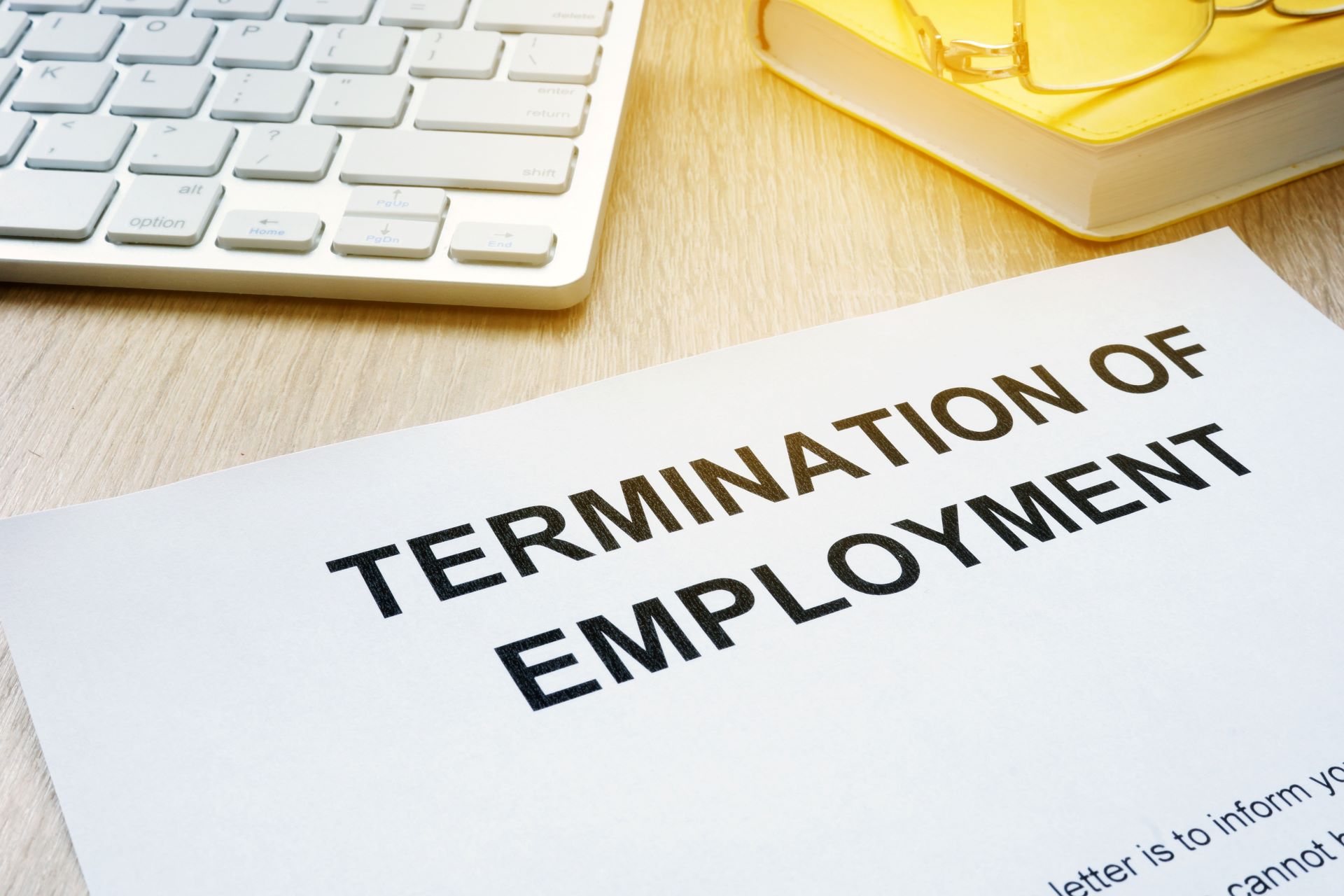We have written here and here about the importance to employers of carefully working through employee health issues before taking job actions against the employees. That does not mean “do whatever the employee wants,” it just means that employers will rarely win these cases if they cannot demonstrate their attempts to work with the employee to determine what the employer’s obligations, if any, are under the ADA, FMLA and other laws that may apply. And yes, we may continue with these posts until the Roman numerals start to look like Super Bowls – this is a challenging area and frequent examples and reminders are warranted.
Today’s example is the case of Rosen v. Guardsmark, LLC, a case out of the U.S. District Court for the Western District of Tennessee. The employee in question had been a Vice President level employee for more than a decade. He struggled with depression, and the employer was aware of that. On May 7, 2012, he intentionally overdosed on prescription medications. His family notified the company, received instructions on the necessary paperwork for FMLA, and submitted the paperwork on May 22.
Less than two weeks later, with no further communications to the employee, it was alleged, the employer terminated the employee, stating that a position to which he had just transferred was being eliminated in a RIF. (The parties disagree as to whether a RIF actually took place.) The employee filed a lawsuit alleging that he was terminated in retaliation for taking FMLA leave, and in interference with his FMLA rights. Relying in part on the proximity in time of the termination decision and the request for leave, the court denied the employer’s motion to dismiss the case even before discovery had taken place. As always, the point of referencing specific cases is not to cast judgment about the particular case.
There is always extensive background information we cannot know from a court’s reported decision, and the employer may well have explanations that are not mentioned in the Court’s decision. From this distance, however, regardless of the specific arguments, we can say that the termination of a long-term employee shortly after he has received FMLA paperwork for a suicide attempt is not often going to result in a quick win for the employer regardless of the details. We will watch to see where this case goes from here, but employers are reminded to proceed with great caution on any termination under similar timing circumstances.














